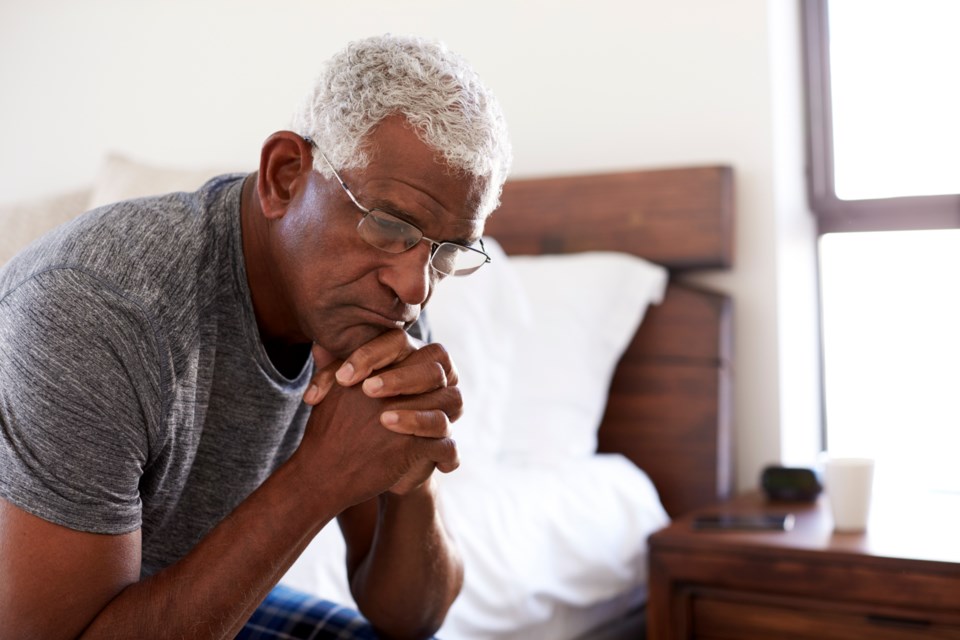Grief triggers are any items, situations or even seasons that bring up memories of your loss.
These triggers are intensely personal to each person. For one, it could be a make and model of car that the departed used to drive. For others it is the weather that is similar to the day of the funeral. For parents that lost a child it could be a children’s show or song. The smell of toast, a certain colour, a piece of art – anything can be a trigger.
These triggers are a double edged issue. On one hand, they can bring up warm memories that make you remember the lost one fondly. On the other hand, the memory can be completely distributive, bring up trauma, or interfere with daily life (driving, working, relationships, etc.).
How does one deal with grief triggers?
The best way to deal with grief triggers is to know that they occur, identify them, and make a plan – even if the memory they trigger is a pleasant one.
When a sight, sound, smell or event triggers the memory, have an action plan that is centred around positive reinforcement. While this plan is best worked out with a grief counsellor, a few things to consider include:
- Knowing where on your commute that you can pull over to regulate if the trigger occurs when driving.
- Having a couple numbers to call for support if the trigger is traumatic.
- Giving yourself permission to stop what you are doing and bask in a good memory for five or so minutes uninterrupted.
- If the memory triggers trauma, explore therapy, support groups and other resources.
Avoidance can be a good strategy. If you are likely to see or experience the trigger in a certain place or at a certain time, set a new route, strategy, radio station, etc., until you can deal with the trigger in a positive way.
Gilbert MacIntyre & Son, Wellington’s oldest family-owned funeral home, understands that everyone experiences loss and grief differently.
They offer a grief recovery program along with networking resources to help with the healing process.
Whether or not your family has used their funeral services, you are more than welcome to contact them to access grief support.
